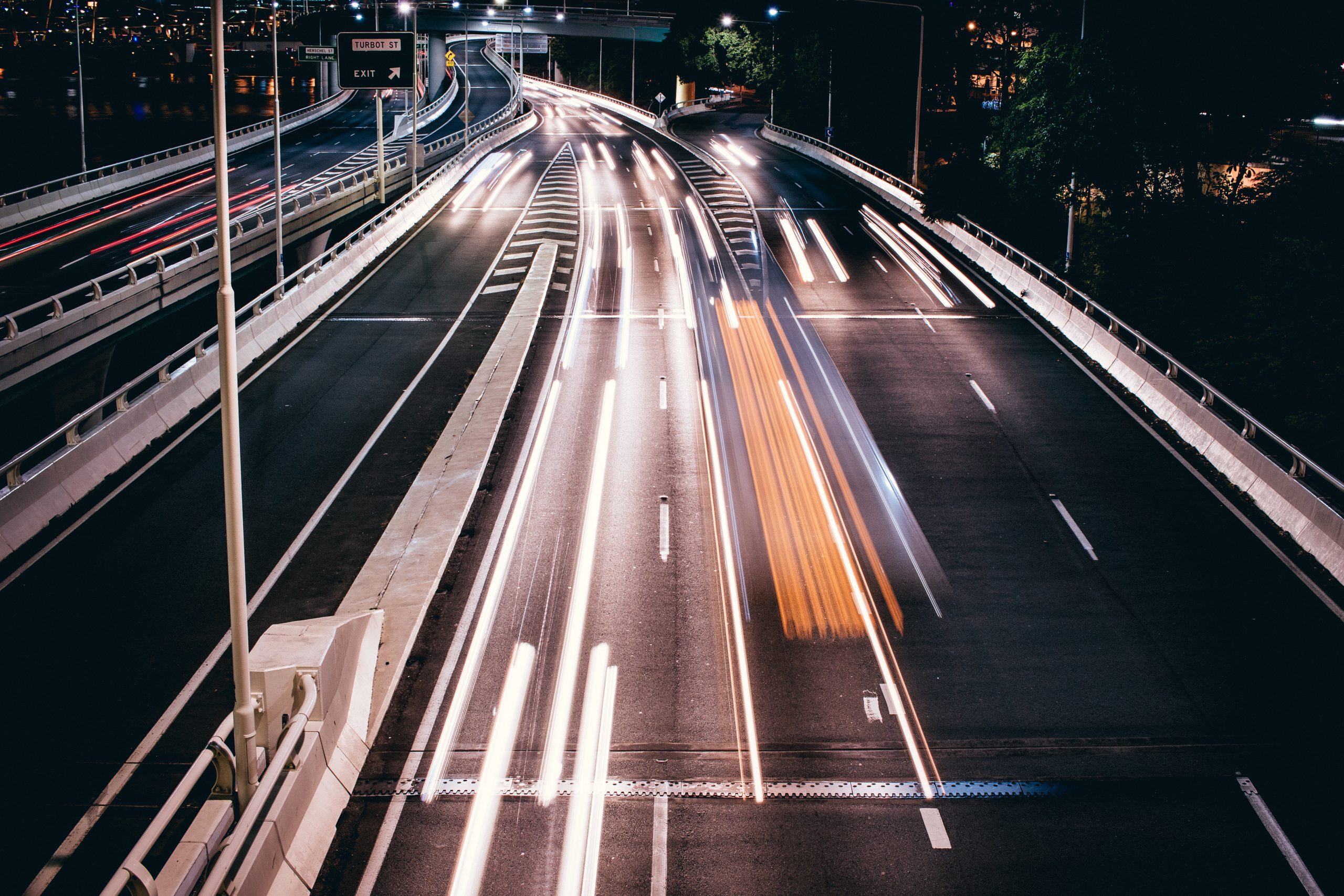
Road charging can help cars and trucks pay their cost to society
It’s true to say, as Grist.org’s Ben Adler does, that fuel taxes play a critical role in cleaning up road transport but we’re not in agreement that this necessarily makes road pricing a bad idea. From our perspective, we’d rather see it as a complementary measure.
Interested in this kind of news?
Receive them directly in your inbox. Delivered once a week.
Taxing drivers for every mile driven could be very beneficial if the charge is differentiated on the basis of CO2 emissions, air pollution and other external costs. The fact is that cars and, even more so, trucks currently do not pay for all the societal costs they cause. Air pollution and noise create huge health problems, trucks do a lot of damage to roads and the cost of congestion to the economy is growing steadily.
The big advantage is that road pricing is smarter than fuel tax: you can differentiate charges by time and place so you can use it to manage traffic and give very clear signals to drivers when and when not to drive. This could, for example, be quite useful in congested urban environments. In Europe road pricing has the additional benefit of being unavoidable (different states have different fuel taxes and car/truck drivers pay where they fill up).
In our view, this makes distance-based road charging a very complete and efficient instrument. In Europe, the Netherlands and Finland have assessed the implementation of nationwide road charges based on distance travelled for passenger cars. Both schemes propose kilometer-based fees, varying according to the level of CO2 emissions and location. They would be substitutes for fixed motoring taxes but also complement the existing fuel taxes. These studies (two Dutch studies and one from Finland) estimate that the potential for CO2 emissions reductions varies between 4% and 14% by 2030 (compared to business-as-usual). So it really depends on how you implement the system.
All in all, we completely agree fuel taxes are essential but they can be complemented by a distance-based road-charging scheme. In the end, we will have a smarter and more complete system: it can tackle pollution and congestion as well as raise revenue which can be used to invest in cleaner forms of transport.
